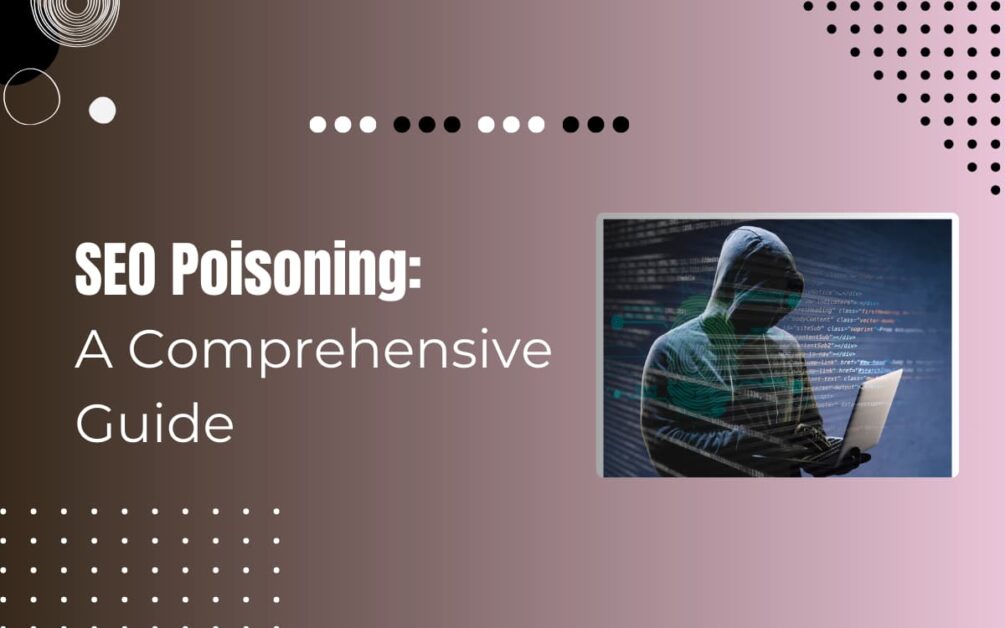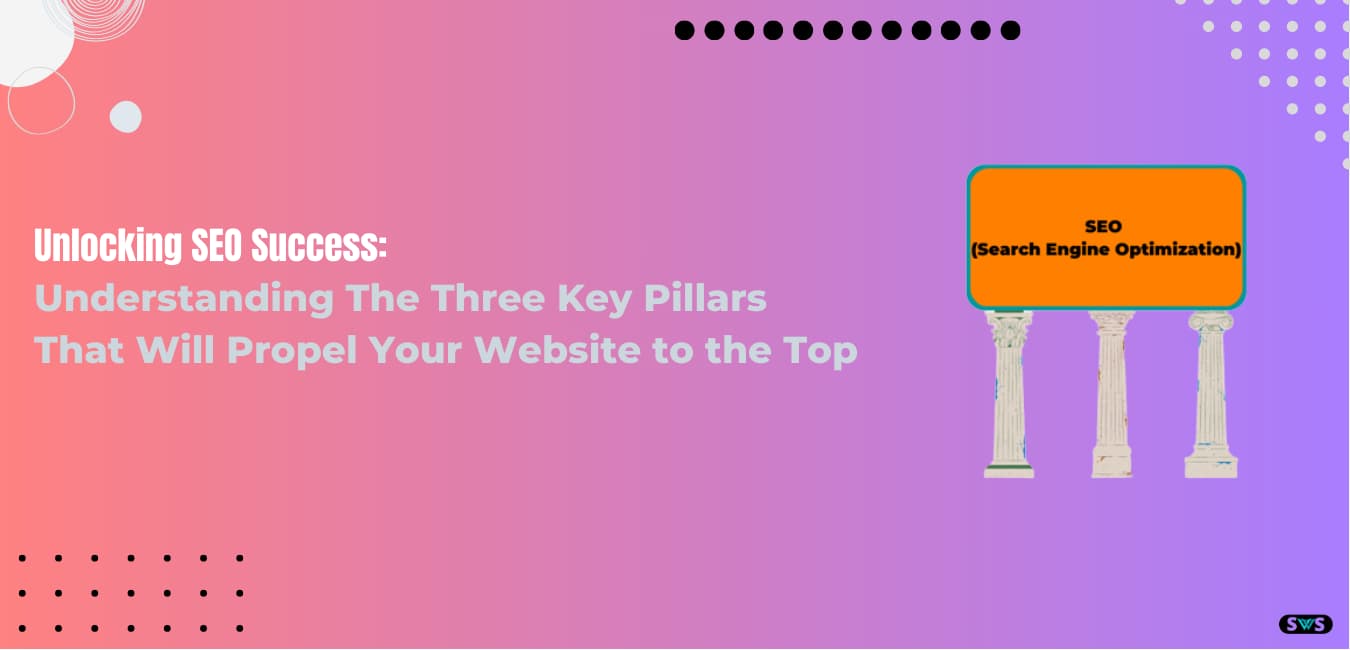Reading Time: 5 mins 3 sec
In this article we are discussing, achieving successful SEO engagement.

In today’s digital landscape, where online visibility is paramount, businesses strive to optimize their websites to attract more organic traffic and increase conversions.
Search Engine Optimization (SEO) plays a crucial role in achieving these goals, but without a well-structured approach, your SEO efforts may be worthless.
To ensure a successful SEO engagement, it is important to set them properly and adopt effective strategies from the outset.
In this article, we will explore seven essential ways to lay the foundation for a thriving SEO campaign.
So let’s get started
Read This: How To Find High Volume Low Competition Keywords
What is SEO?
The process of optimizing your website’s content for search engine results pages (SERPs) is known as SEO.
By using various techniques and best practices, you can enhance your website’s ranking and increase its chances of being discovered by users searching for relevant keywords.
7 Tips for Achieving Successful SEO Engagement
The Importance of Quality Content
High-quality content is the waypoint of an effective SEO strategy.
Search engines like Google value content that is informative, engaging, and relevant to users’ search queries.
By producing valuable content, you establish your website as a reliable source of information, which ultimately helps you outrank competing websites.
On-Page Optimization: Maximizing Your Website’s Potential
Title Tags and Meta Descriptions
HTML features like title tags and meta descriptions offer brief descriptions of your web pages. Your click-through rates (CTRs) can be greatly increased and you can get more organic traffic by creating attractive, keyword-rich title tags and meta descriptions.
Heading Tags and Proper Formatting
Organizing your content with proper heading tags (H1, H2, H3, etc.) not only improves readability but also helps search engines understand the structure and hierarchy of your web pages.
Internal and External Linking
Strategic internal linking allows search engines to navigate your website more effectively, establishing a hierarchical structure and distributing link authority throughout your pages. Additionally, incorporating high-quality external links to reputable sources can enhance your website’s credibility and improve its SEO performance.
Technical SEO: Fine-Tuning Your Website’s Backend
Site Speed and Performance
Optimizing your website’s loading times by compressing images is a very important aspect of technical SEO, leveraging browser caching, and minifying code. A fast and responsive website not only improves user satisfaction but also signals to search engines that your site is reliable and user-friendly.
Mobile Optimization
In an era where mobile usage continues to trend, having a mobile-friendly website is essential. Implement responsive design principles, ensure proper scaling, and prioritize mobile user experience to cater to the growing number of users accessing the web through their smartphones and tablets.
Schema Markup: Enhancing Visibility
A structured data strategy called schema markup makes it easier for search engines to comprehend the context and significance of the content on your website. You can provide more details about your goods, services, events, and more by adopting schema markup. This rich snippet data increases user engagement and click-through rates while also enhancing your website’s exposure in search results.
Building High-Quality Backlinks: Establishing Authority
Outreach and Guest Blogging
Developing a strong backlink profile is essential for SEO success. Reach out to reputable websites and industry influencers in your niche and offer to contribute valuable content as a guest blogger. By securing high-quality backlinks from authoritative sources, you improve your website’s credibility and increase its chances of outranking competitors.
Social Media Promotion
Utilize social media platforms to promote your content and gain attention from relevant audiences. Sharing your articles, infographics, and videos on platforms like Facebook, Twitter, and LinkedIn can lead to increased engagement, brand visibility, and potential backlinks from users who find your content valuable.
Influencer Partnerships
Collaborating with influencers in your industry can significantly boost your website’s visibility and authority. Seek out influencers who align with your brand values and target audience, and explore opportunities for partnerships, such as sponsored content or joint campaigns. When influencers share your content with their followers, it can result in increased traffic, backlinks, and brand awareness.
Read This: 7 Off-Page SEO Strategies For E-Commerce Websites
Define Clear Objectives and Key Performance Indicators (KPIs)
Before starting on an SEO journey, it’s crucial to establish clear objectives and define measurable KPIs. What specific outcomes are you looking to achieve through SEO? Do you want to increase organic traffic, improve conversion rates, or boost your website’s rankings for specific keywords? By setting tangible goals, you’ll be able to align your SEO strategy with your overall business objectives and measure its success effectively.
Perform a Website Audit and Optimization
Before optimizing your website for search engines, it’s crucial to conduct a thorough website audit. Identify and resolve any technical issues, such as broken links, slow loading speed, or poor mobile responsiveness. Optimize your website’s structure, improve internal linking, and ensure a seamless user experience across different devices. A technically sound website serves as a strong foundation for your SEO efforts and enhances your chances of ranking higher in search engine results pages (SERPs).
Optimize Website Speed and Performance
User experience is a vital factor in SEO, website speed and performance significantly impact it. Slow-loading websites frustrate users and increase bounce rates, negatively affecting your search engine rankings. Optimize your website’s speed by compressing images, minifying code, utilizing caching techniques, and investing in a reliable hosting provider. A fast and responsive website enhances user engagement, encourages longer visits, and improves your overall SEO performance.
Read This: How To Troubleshoot Canonical Tag Issues For SEO
One Bonus
Stay Up-to-Date with SEO Trends
SEO is a constantly evolving field, with algorithms and best practices being updated regularly. To set the stage for a successful SEO engagement, it is crucial to stay informed and up-to-date with the latest SEO trends and industry news. Follow reputable SEO blogs, attend industry conferences, and engage in relevant communities to expand your knowledge. By staying informed, you can implement the most effective strategies, adapt to algorithm changes, and maintain a competitive edge in the ever-changing SEO landscape.
Conclusion
In this article we are discussing, achieving successful seo engagement.
Setting the stage for a successful SEO engagement is crucial for maximizing your website’s online visibility and attracting organic traffic.
By implementing the 7 essential strategies mentioned in this article, you can lay a solid foundation for your SEO campaign.
Remember to conduct thorough keyword research, optimize on-page elements, create high-quality content, build quality backlinks, optimize website speed and performance, leverage social media, monitor and analyze performance, and stay up-to-date with SEO trends.
By following these guidelines and adapting to the ever-changing SEO landscape, you can unlock the full potential of SEO and achieve long-term success for your website.
Read Also
- Top 65 Technical SEO Interview Questions And Answers
- Does Bold Text Help SEO
- How To Create The Perfect H1 Tag For SEO
- Google Announces Five Changes Coming To Mobile Search
- Benefits Of Using Semrush
FAQ
How can I improve my SEO engagement?
Speed up Your Site + Make It Responsive.
Eliminate Basic Technical SEO Errors.
Produce Helpful Content (a.k.a. Give Knowledge Away for Free)
Clean up Your Navigation & Site Design.
How do you achieve SEO success?
7 easy strategies for SEO Success
Choose niche keywords.
Write for humans, not bots.
Create a smooth user experience.
Ensure fast page loads.
Make your site mobile-friendly.
Increase your off-site visibility.
Use videos and images.
Measure success.
What are the 3 steps to successful SEO?
The 3 Steps to Any Successful SEO Campaign
Step #1 Learn about your customers’ search habits.
Step #2 Optimize Your Website and Add New Content.
Step #3 Maximize Conversions From Website Visitors.
What is an engagement in SEO?
The phrase “user engagement” refers to all the various ways we might assess how a visitor is interacting with the information on a website. These indicators include the time they spend on the site overall, the number of comments left, and whether or not they choose to share it on social media.



